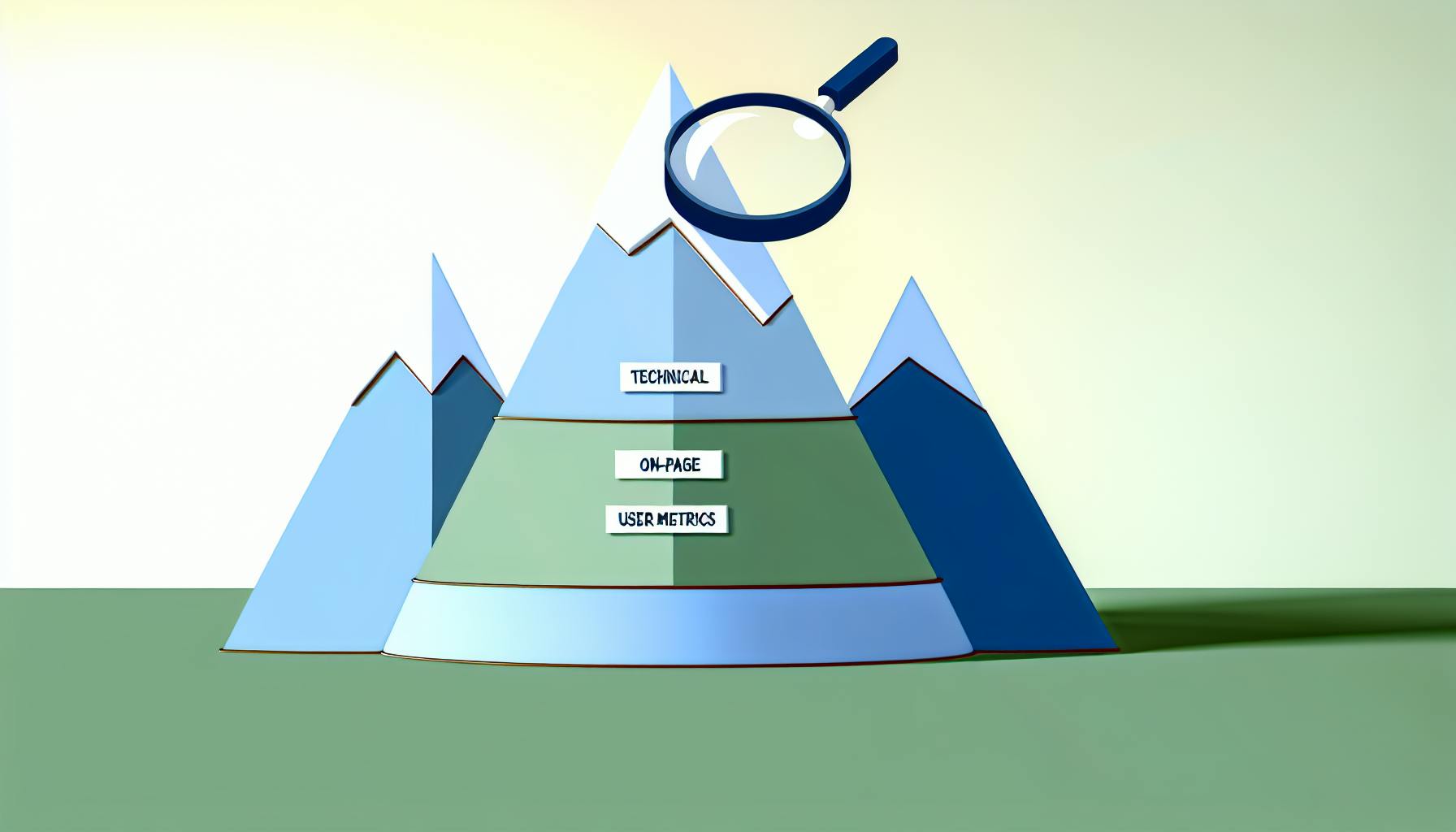Introduction
Search engine optimization (SEO) has become indispensable for businesses aiming to build an online presence, attract website visitors, and ultimately drive conversions. However, with intense competition and constant algorithm updates, implementing effective SEO can prove challenging. One of the most overlooked yet impactful factors is indexing speed - how fast search engines add new or updated website pages to their index.
According to a 2021 study by Moz, websites that get indexed faster can achieve up to 26% higher rankings compared to slower indexed competitors. With the stakes so high, optimizing indexing speed should be a top SEO priority.
This article will uncover the competitive advantage quick indexing gives websites in search rankings. You'll learn the factors affecting indexing speed, tips to optimize it, and how IndexGoogle's auto-indexing feature can help you achieve dramatic SEO wins.
Why Indexing Speed Matters for SEO
When a new page or piece of content gets added to your site, it needs to make its way into Google's index before it can start ranking and driving traffic.
Faster indexing means your new pages get discovered and become searchable more quickly. This gives you a significant edge over competitors whose content takes longer to get indexed.
Some key benefits of quick indexing include:
-
Higher search rankings: According to Moz's study, sites with faster indexing can achieve up to 26% higher rankings compared to slow-indexed sites. Quick indexing signals Google that your content is fresh and valuable.
-
Immediate traffic potential: Your new pages can start driving relevant organic traffic as soon as they get indexed. No need to wait days or weeks to see results.
-
First mover advantage: For trending topics and news stories, being the first site to get indexed gives you an SEO advantage. Quick indexing allows capitalizing on fleeting opportunities.
-
Better user experience: When new pages get indexed quickly, it prevents disappointing "not found" errors for users. This improves user experience and satisfaction.
Factors That Impact Indexing Speed
What makes one site get indexed by Google in a few hours, while another takes days or weeks? Here are some key factors:
-
Technical SEO: Having a fast, mobile-friendly website with optimized site architecture, internal linking, and a sitemap helps Googlebots crawl efficiently.
-
Page quality: Higher quality content that offers unique value has indexing prioritized by Google. Low-value pages get deprioritized.
-
Site authority: Google trusts authoritative sites and indexes their new pages faster. Domain authority and backlinks impact this.
-
Crawl budget: Large sites have to divide crawl budget across more pages. New content takes longer to get discovered.
-
Server response time: Sites with fast server response times generally get indexed quicker than slow loading sites.
Follow technical SEO best practices like optimized page speeds, strong internal linking, and XML sitemaps to facilitate fast crawling. Producing high-quality content that adds value for users also signals Google to prioritize indexing your new pages.
Auto-Indexing: The Fast Lane to SEO Wins
Manually submitting new URLs to Google via Search Console can accelerate indexing. However, this process can take up to 7 days and involves considerable effort.
IndexGoogle offers an automated solution that takes the friction out of fast indexing. Their auto-indexing feature uses advanced technology to get new pages and blog posts indexed by Google within 24 hours.
Rather than waiting days for Googlebots to discover new content, IndexGoogle immediately detects when new pages get published on your site. These URLs automatically get sent to Google for ultra-fast indexing.
Compared to inconsistent manual indexing, IndexGoogle's auto-indexing provides unmatched speed and convenience:
-
24 hour turnaround: Get web pages indexed in less than a day versus 7 days with manual submissions.
-
Hands-free automation: No need to manually submit URLs or constantly check indexing status. It's all automated.
-
Reliable consistency: New content gets indexed quickly every single time without fail. No more guesswork.
-
Significant SEO edge: Faster indexing translates into higher rankings, immediate traffic potential, and real competitive advantage.
-
Easy integration: Simple setup with IndexGoogle's browser extension or API. No changes needed to your CMS or website.
Monitoring and Maximizing the SEO Impact
Once auto-indexing is enabled, you can track indexing progress in Google Search Console and monitor rankings using tools like SEMrush, Ahrefs, and Moz.
Compare the indexing speed and search visibility of new pages before and after implementing auto-indexing. The dramatic improvements will highlight the SEO edge this technology provides.
Beyond faster indexing, maximize overall SEO impact by:
-
Adding relevant schema markup to pages such as FAQPage, HowTo, and Product schema. This helps Google understand page content.
-
Publishing new content consistently to maintain freshness signals.
-
Promoting new pages internally via links from related articles and site navigation.
-
Monitoring rankings weekly and finetuning pages to improve positions over time.
-
Identifying new keywords and topics to target by analyzing competitor sites and search trends.
With auto-indexing in place, you can shift focus from worrying about indexation delays to publishing awesome content optimized for your audience. The quick indexing edge will take care of the rest, propelling new pages to search visibility on autopilot.
Conclusion
There is immense SEO value in getting web pages indexed quickly before competitors. Indexing speed has a proven correlation with higher search rankings.
By optimizing technical factors like site speed, internal linking, and server response times, you can facilitate faster indexing. However, the game changer is using an automated solution like IndexGoogle to completely remove the indexing bottleneck.
With IndexGoogle's auto-indexing feature, you can rest assured new pages will get into Google's index within 24 hours. This quick indexing edge will deliver more web traffic, conversions, and competitive advantage from SEO.

